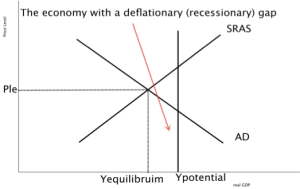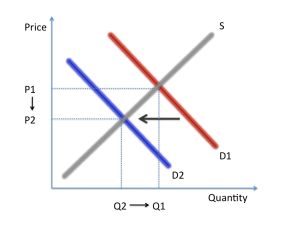http://www.nytimes.com/2010/04/19/world/asia/19thai.html?scp=2&sq=thailand&st=cse

Pro-government, ” yellow shirt” and anti-government, “red shirt” are creating more and more tension in Thailand. Thailand should quickly solve this problem because this conflict is bringing the economy spiral down. “Due to the political crisis, the economy may slip into contraction in the second quarter from the previous three months,” said David Cohen of Action Economics in Singapore.
The conflict between the Red Shirt and Yellow Shirt is a serious problem because it would decrese the number of tourists from foreign countries. Famous cities in Thailand, such as Bangkok and Phuket, are one of the world’s top tourist attracting cities. The Red Shirts are moving here and there in Bangkok, even ner the shoping district where many tourists go. If the protest continues, less tourists would visit Thailand because of the fear and fright that the tension that red shirts and the yellow shirts are creating. I was in Thailand about a month ago for Habitat for Humanity and that was during when the Red Shirt and Yellow Shirt were on their protest. Because the Red Shirt suddenly moved here and there in Bangkok, places we could visit were limited. We tried to stay away from the groups as much as possible. On top of the protest, the volcanic dust is interfering Eurpean tourists from going to Thailand. Europeans are one of the main visitors from foreign countries and if they are not able to go, even less people would visit Thailand.
The protests of Red Shirt an Yellow Shirt demonstrates decrease in AD. Aggregate demand is the total expenditure on the national output at different values of the price level over a given period of time. An AD diagram looks like this on the bottom. As the output increases, there is a decrease in the price level.

However, in this case where there would be a recession due to decrease in the number of travellers in Thailand, the AD diagram would shift demonstrate a recessionary gap.The area between Ypotential and Yequillibrium is the deflationary gap.

What I think is that the Red Shirts should stop trying to take away the throne of the king and try to live with the tradition. It would be hard to take the king down the throne by this protest anyway because they have had a king for a long time. Therefore, instead of brining the country to a disaster and leading into recession, the Red Shirts should give up trying to win over the king.















